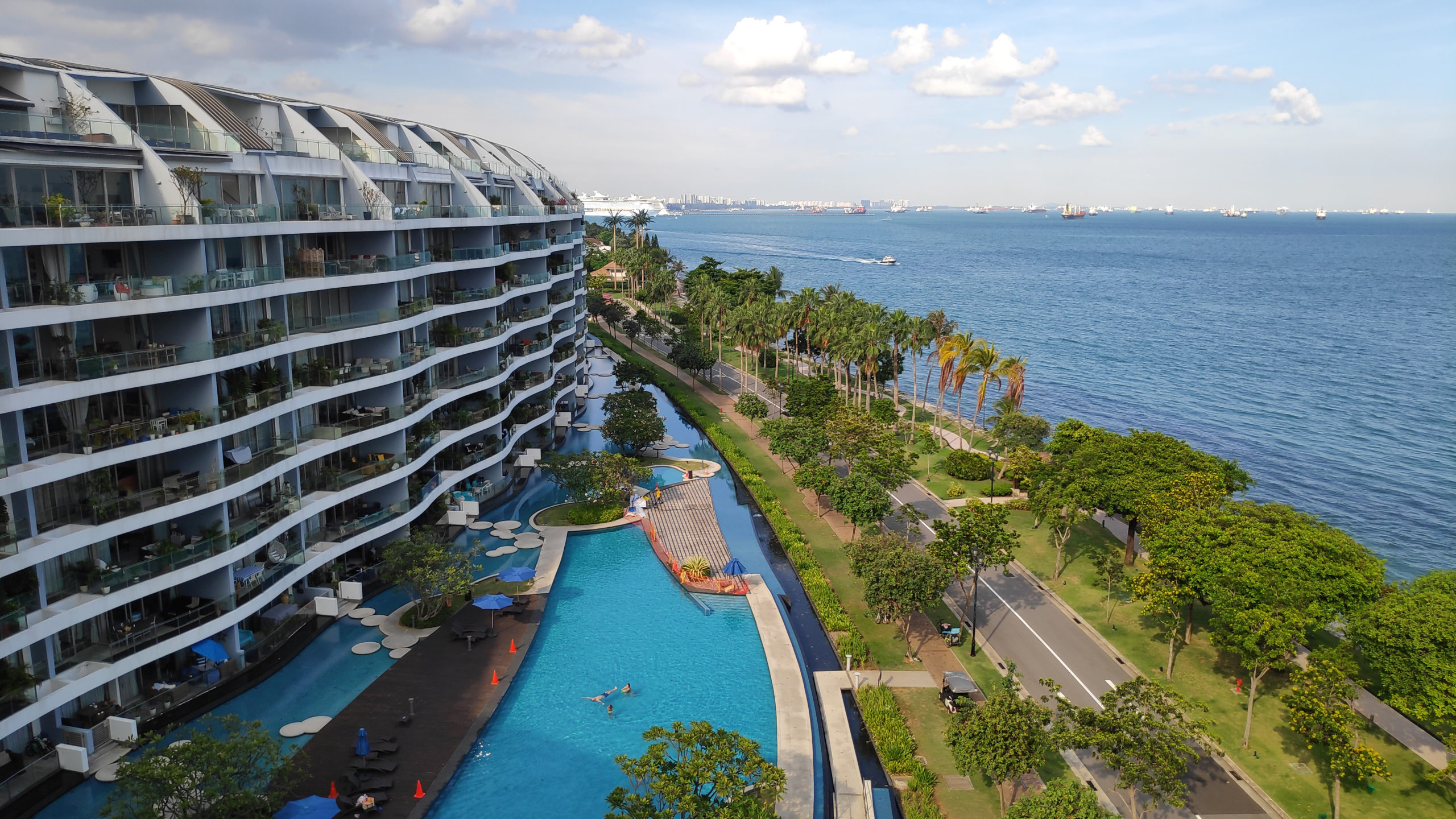Advertisement
OPINIONS
Understanding Condo Management in Singapore: Your Essential Guide
Here's everything you need to know about who's managing your condo.
Singapore’s skyline is dotted with condominiums, offering luxurious living spaces and a host of amenities. But behind the scenes, the smooth operation of these residential complexes relies on effective condo management. Whether you’re a homeowner, a potential buyer, or simply curious about how condos function, this guide will delve into the essentials of condo management in Singapore.
What is condo management?

Condo management encompasses the administration and maintenance of a condominium’s common property. This includes:
- Maintenance: Ensuring the upkeep of shared facilities like swimming pools, gyms, gardens, and common areas.
- Financial management: Handling the condo’s finances, collecting maintenance fees, budgeting for repairs, and managing sinking funds for future expenses.
- By-law enforcement: Enforcing the condo’s by-laws to ensure harmonious living among residents.
- Communication: Facilitating communication between residents, the management committee, and the managing agent.
Key roles & responsibilities in condo management: Who does what?

Management Corporation Strata Title (MCST)
This is your condo’s governing body, elected by owners like you. The MCST oversees day-to-day operations, maintains common property, enforces by-laws, and handles finances.
Example: Your MCST is the one who decides when to repaint the building, fixes the pool pump, or sets the rules for using the gym.
Council Members
The council members form a smaller group within the MCST, responsible for making decisions on behalf of all owners.
Example: They might debate whether to install a new playground or how to handle noise complaints.
Managing Agent (MA)
The Managing Agent (MA) is a professional firm hired by the MCST to handle the administrative and technical aspects of condo management.
Example: They might collect maintenance fees, arrange for repairs, and communicate with residents about upcoming works.

MCST and Strata Titles Board (STB) Rulebooks
Building Maintenance and Strata Management Act (BMSMA)
This is the main law governing condo management in Singapore. It sets out the powers and duties of the MCST, the rights and responsibilities of owners, and the procedures for resolving disputes.
Example: The BMSMA specifies how often the MCST must hold meetings and how decisions are made.
Strata Titles Board (STB)
The STB provides additional guidelines and resources to help MCSTs and owners understand and comply with the BMSMA.
Example: They might publish a guide on how to conduct an Annual General Meeting or how to handle disputes over parking spaces.

Types of condo ownership: Who can own what?

By-laws and regulations: Rights & restrictions
Each condo has its own set of by-laws, which are like house rules. By-laws cover everything from pet ownership and renovations to noise levels and the use of common facilities. It’s crucial to familiarise yourself with these.
Example: Some condos may allow pets, while others don’t. Some may require approval for major renovations, while others might only need notification.
Rights of condo owners & tenants
As a condo owner, you have the right to vote at AGMs, stand for council elections, enjoy common property, and live in their unit peacefully. For example, you have the right to voice your opinion on whether to install a new security system in your condo.
As a tenant, you have the right to quiet enjoyment of the unit, use of common facilities (as per by-laws), and a well-maintained living environment. For example, your landlord is responsible for fixing a leaking pipe in your rented condo unit.
Dispute resolution: Finding common ground
Disagreements are inevitable, but there are ways to resolve them amicably. Mediation and the Community Disputes Resolution Tribunals (CDRT) are often used to settle disputes between neighbors or between owners and the MCST.
Example: If you have a dispute with your neighbor over noise levels, you can try mediation to reach a mutually agreeable solution.
Managing a condo isn’t easy, and it’s not something that should be left to chance or handled solely by volunteers. This is where a professional Managing Agent (MA) like Ohmyhome Property Management steps in.
A well-managed condo is a happy condo

With Ohmyhome Property Management as your MA, you can rest assured that your property is in good hands. We’ll handle the day-to-day operations, resolve disputes, and ensure that your condo remains a place you’re proud to call home.
Contact Ohmyhome Property Management today and discover the difference a professional MA can make!
Comments
919
0
ABOUT ME
Your one-stop property solution: Buy. Sell. Rent. Renovate. We’ve got you covered.
919
0
Advertisement
No comments yet.
Be the first to share your thoughts!
